Coconuts may be one of the well-dispersed members of the plant kingdom, with its cultivation spanning over 12 million hectares in approximately 89 countries around the world. They’re famous for being the only source of coconut water, milk and oil, which are widely used and consumed around the world.
Experts describe the coconut as not just a fruit, but a nut and a seed as well, making it a drupe. It has three layers: the exocarp, mesocarp and endocarp. The mesocarp (husk) and the endocarp (shell) protect the coconut meat inside, which is also surrounded by an additional brown layer called the testa. Coconuts sold in stores typically have had the exocarp and mesocarp removed already.
Coconuts are known to have existed since archaeological times, with samples being found in excavations. They’re also documented in epigraphic inscriptions and Sanskrit scriptures. In fact, its tree is often referred to as the “tree of heaven” or “tree of life.”
In various systems of medicine, including Tibetan, Unani and Ayurvedic medicine, coconuts are lauded for their antihelmintic, antiseptic, aphrodisiac, astringent and diuretic properties. They’ve been also used to address alopecia, amenorrhea, asthma, bronchitis, fevers and swelling in folk medicine.
Health Benefits of Coconuts
The different parts of the coconut fruit are well-known for the various health benefits they may offer. The coconut kernel — or coconut meat — and water are lauded for their antibacterial, antifungal, antiviral, antiparasitic and antioxidant properties. In addition, coconut has been observed to:
- Promote liver health— In a 2018 animal study from the Journal of the Science of Food Agriculture, researchers found that coconut oil may reverse hepatic steatosis. Coconut oil works by helping restore redox homeostasis and reducing lipid peroxidation.
- Regulate blood sugar levels— A 2018 study reported that coconut consumption significantly lowered blood sugar levels and facilitated weight loss in healthy individuals.
The respondents were given standardized diets with 100 grams of fresh coconut and were compared to two other groups who were given groundnuts and groundnut oil. The coconut group exhibited better blood glucose control.
- Curb inflammation— In a 2016 animal study from the Journal of Intercultural Ethnopharmacology, young coconut water was observed to have anti-inflammatory properties, effectively inhibiting inflammation during the second phase of the process by about 42.54%.
Coconut Nutrition FactsServing Size: 3.5 ounces (100 grams), meat, raw |
||
| Amt. Per Serving |
||
| Calories | 354 | |
| Total Fat | 33.49 g | |
| Saturated Fat | 29.698 g | |
| Trans Fat | ||
| Cholesterol | 0 mg | |
| Sodium | 20 mg | |
| Total Carbohydrates | 15.23 g | |
| Dietary Fiber | 9 g | |
| Sugar | 6.23 g | |
| Protein | 3.33 g | |
| Phosphorus113 mg | Potassium | 356 mg |
| Calcium14 mg | Iron | 2.43 mg |
Studies Done on Coconuts
Numerous studies have focused on the benefits of coconut, specifically because of its anti-parasitic properties. In a 2019 study from PLOS ONE, researchers found that coconut leaf extracts inhibited the growth of the parasite that causes malaria. This is attributed to the epicatechins in the coconut leaves that work synergistically with the other compounds.
Coconut inflorescence has been used in medicine because of its high levels of proanthocyanidins. A 2016 study from BMC Complementary Medicine and Therapies discussed the effects of immature coconut inflorescence on cancer-causing free radicals. Researchers found antioxidant, anti-inflammatory and anticancer activities, which may help as a conjunct to cancer therapy, especially against cervical cancer.
Coconut Fun Facts
The name “coconut” comes from the name given to the fruit by Spanish explorers, “cocos,” which meant “monkey face.” This was thanks to the three distinct indentations found in coconuts that resembled the face of a monkey.
Summary
For centuries, man has made use of coconut’s hard casing, milk and oil. To this day, scientists are still exploring this drupe’s known health benefits, such as phytosterols, electrolytes and phosphorus.
One of the coconut’s most important aspects is what its medium-chain fatty acids mean for the human diet. The good thing is that rather than the high-fat food it was once thought to be, coconut is a powerhouse of nutrition and healing.


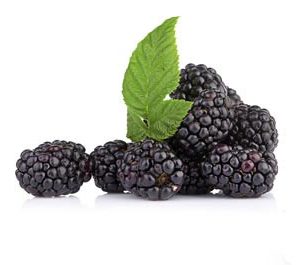
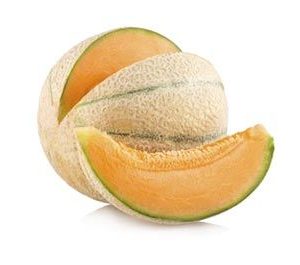
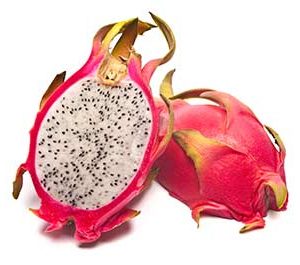
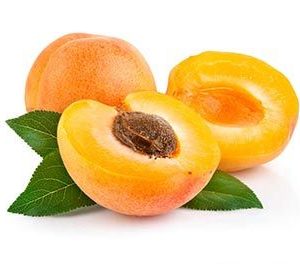
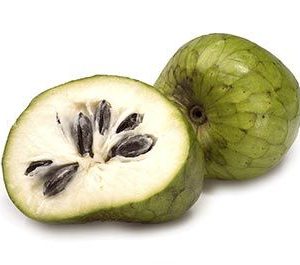
Reviews
There are no reviews yet.